Legalising assisted dying will put unreasonable pressure on terminally ill people and their families, the bishop of Worcester says in an emotive article published in the Guardian.
Drawing on the experience of his wife's death from cancer this year at the age of 51, John Inge said that after his experience that he could not support the proposal in Lord Falconer's bill being debated today.
The bishop, an ally of Justin Welby, the archbishop of Canterbury, says his opposition is not based on religious grounds, but on concern for "the weakest and most vulnerable in society", such as patients with a terminal prognosis.
Denise Inge, the wife of John Inge, bishop of Worcester, died on Easter Day from abdominal sarcoma at the age of 51. She had been a distinguished critic and a world authority on mystical poet Thomas Traherne. She left two daughters, aged 10 and 15.
In his article, based on the speech he intended to give, Inge recounts the horrors of her chemotherapy, which she chose even though it had only a one in four chance of prolonging her life. The couple had known from the beginning that her cancer was incurable.
"I'm biased, of course, but I thought she was the most wonderful human being. She was so full of life, and so healthy. After the diagnosis we went over to the Macmillan cancer pod that they have in most hospitals. Her prognosis was as bleak as it could be. There were all these booklets about how to lead a healthy lifestyle – but we already did all those things."
It would have been easy, he says, at any point to succumb to despair. "If assisted dying had been legal how tempting it would have been for me at that stage – or later, as the dreadful effects of chemo took their toll and I became more and more worn out with caring for my wife and two children and distressed at seeing her in such pain and discomfort – how tempting it would have been for me to have suggested to her that it would be 'for the best' for her to end it all there and then."
But this would have robbed them both, he said, of "the precious months together that we were given as the more debilitating effects of the treatment wore off".
Welby had originally intended not to speak in the debate on Lord Falconer's private member's bill, thinking Inge's personal contribution would be more eloquent than he would have been. But the archbishop will speak, reflecting similar views to the bishop of Worcester's.
The intervention comes after the former archbishop of Canterbury, Lord Carey, argued that he had changed his mind since opposing an earlier bill, and that legalising assisting dying would have been the compassionate and caring thing to do.
The experience of his wife's prolonged and terrible illness had not changed his mind, Inge said, but had made him understand, "at a heart and gut level" what the implications of a law on assisted suicide would be."I don't see a clear distinction between assisted dying and euthanasia, though I know the supporters of the bill seem to do," he said.
Denise wrote shortly before she died: "The cancer has not made life more precious – that would make it seem like something fragile to lock away in a cupboard. No. It has made it more delicious."
"I had nothing whatsoever to gain, either financially or in human terms from Denise's death, and everything to lose – except for the sight of her pain – but I can see the really chilling implication for relatives who stand to gain," Inge said. One hundred and thirty peers have put their names down to speak in today's debate, among them the archbishop of York as well as Welby and the bishops of Carlisle and Bristol.
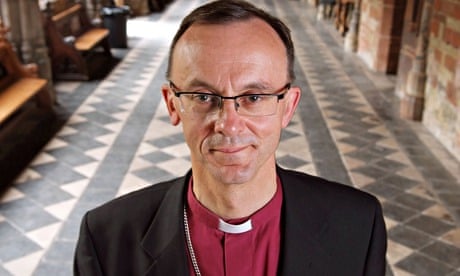
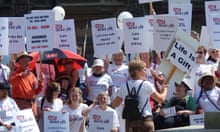
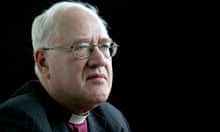
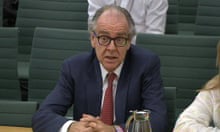
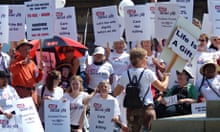
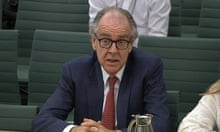

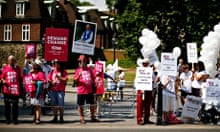

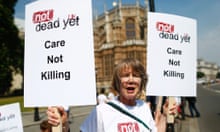
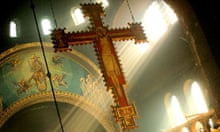
Comments (…)
Sign in or create your Guardian account to join the discussion